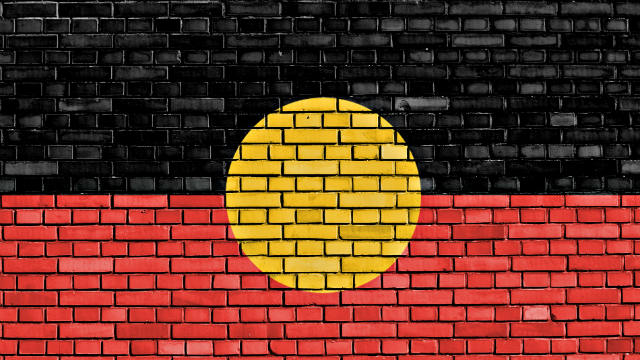Home » Commentary » Opinion » Time to remove the rose-tinted glasses when it comes to Aboriginal culture
· Ideas@TheCentre
 It is NAIDOC week, with activities taking place across Australia to celebrate the history, culture and achievements of Aboriginal and Torres Strait Islander people. And there is much to celebrate. However, Aboriginal culture, like any culture, also has its dark side, as Jacinta Nampijinpa Price harrowingly described in the inaugural CIS Helen Hughes Lecture for Emerging Thinkers last week.
It is NAIDOC week, with activities taking place across Australia to celebrate the history, culture and achievements of Aboriginal and Torres Strait Islander people. And there is much to celebrate. However, Aboriginal culture, like any culture, also has its dark side, as Jacinta Nampijinpa Price harrowingly described in the inaugural CIS Helen Hughes Lecture for Emerging Thinkers last week.
In her speech — Homeland Truths: The Unspoken Epidemic of Violence in Indigenous Communities — she said anyone who denies there are aspects of traditional Aboriginal culture that need to change is “…either far removed from it, don’t live it and have no idea what they are talking about, or they are the ones who can’t bear to see their old ways disappear.”
I am reminded of this as I walk to work past a Circular Quay pillar that booms out a recording explaining how I am on Gadigal land and that in Australia it is customary to do a welcome to country speech acknowledging the traditional owners of the land and agreeing to uphold and respect their culture and laws.
After hearing Ms Price’s lecture, I wonder what cultural laws we are meant to be respecting and upholding: the traditional custom of arranged marriage and child brides? As she pointed out, these practices have resulted in shocking sexual abuse and rape cases.
We need to acknowledge there are aspects of Aboriginal culture that need to be kept firmly in the past. No culture is static and unchanging, and the belief that Aboriginal culture needs to be frozen and preserved in time is preventing many Aboriginal people from moving forward and embracing modernity.
European culture has evolved, and it is fallacy to believe that Aboriginal culture should not have to do the same. Indeed, in the not so distant past (prior to the 1980s) there was no such thing as marital rape in Australia.
It is time to abandon romanticised notions of Indigenous culture and really listen to what brave people like Ms Price are saying:
“Help my people understand the necessity and value in constructive criticism and self-reflection. Please don’t encourage us to remain stagnant, instead encourage us to ask questions and challenge long held beliefs so that we may determine the way forward, with that, which enriches our lives.”
Time to remove the rose-tinted glasses when it comes to Aboriginal culture